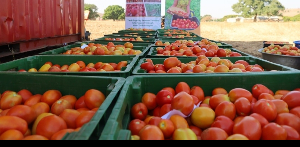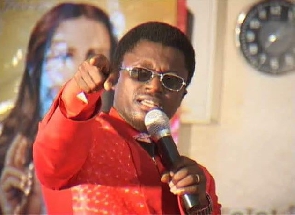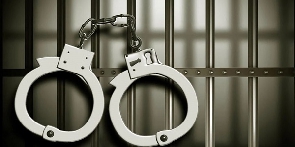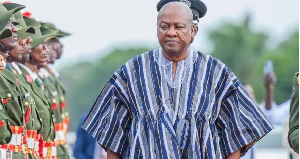Accra, April 24, GNA - The second call for proposals of the EU Africa Water Initiative, in Ghana, was on Monday launched in Accra. The 178 million Euro grant, scaled down from an initial 250 million euros, would go into improving water management and governance, water and sanitation infrastructure and support civil society and decentralised co-operation initiatives.
The significance of the facility lies in Ghana's requirement of 150 million dollars annually for the water sector, which Government alone could not provide.
Also, Ghana targets to provide 85 per cent potable water and sanitation coverage, and the enormity of the problem, requires collaboration among the Government, donors and private sector participants.
Speaking at the launching, Mr Hackman Owusu-Agyemang, Minister of Water Resources, Works and Housing, said the Government welcomed the assistance geared towards meeting the water and sanitation challenges and registered the nation's appreciation for the assistance from her Development Partners.
Citing an African Regional Report titled: "Water Resources Development in Africa" submitted to the Fourth World Water Forum in Mexico in March 2006, Mr Owusu-Agyemng said Africa would need 20 billion dollars each year to meet her sanitation needs as contained in the Africa Water Vision of 2025.
Over 300 million people in Africa lacked access to safe drinking water and about 313 million have no access to sanitation. Mr Owusu-Agyemang said the Report, however, noted that the volume of financial and technical support pledged so far fell short of what was required and most of it, in the form of pledges had not been honoured. The Minister observed, however, that much as the initiative was laudable, the process of accessing the fund was rather cumbersome and distressing.
He said the disappointing response of the first call and the outcome had raised doubts about the noble objective of assisting African, Caribbean and Pacific countries to achieve their targets of the Millennium Development Goals (MDGs).
Mr Owusu-Agyemang reiterated the essence of time and urged the European Union (EU) to further overhaul the process of accessing the facility and also better target those regions that were doubtful of meeting the MDGs.
Mr Filiberto Ceriani Sebregondi, Head of the EU Delegation in Ghana, said the EU was committed to support the attainment of the MDGs. He said it was against this background that the EU water Initiative was launched at the Johannesburg Summit in 2002 and endorsed by the EU Council Resolution of May 2002 to improve water governance and effectiveness of its management.
He said the Second Call for proposals launched in April 2006 had a funding of 178 million Euros adding that it was in addition to the 500 million Euros committed through the water facility.
Mr Sebregondi mentioned that the key principles of the facility would include governance under which African-Caribbean and Pacific (ACP) States that were committed to the management of sound national water policies would be assisted.
He said the principles, would support and deepen the involvement of actors in ACP states in the design and implementation of water policies, and ensure new partnerships between communities, NGOs, public and private sectors.
Mr Sebregondi stated that water was a precious resource essential for sustaining life and, therefore, no strategy for the reduction of poverty should ignore people's vital requirement for water. He called for the implementation of policies that would address the need for equitable and sustainable management of water resources in the interest of society.
Dr Eric Buhl-Nielson, an Environment Management Consultant, said some proposals tended for the call were rejected due to non-compliance with administrative directives.
He said others submitted incomplete and handwritten proposals while some proposals displayed a lack of focus and sustainability.
General News of Monday, 24 April 2006
Source: GNA












